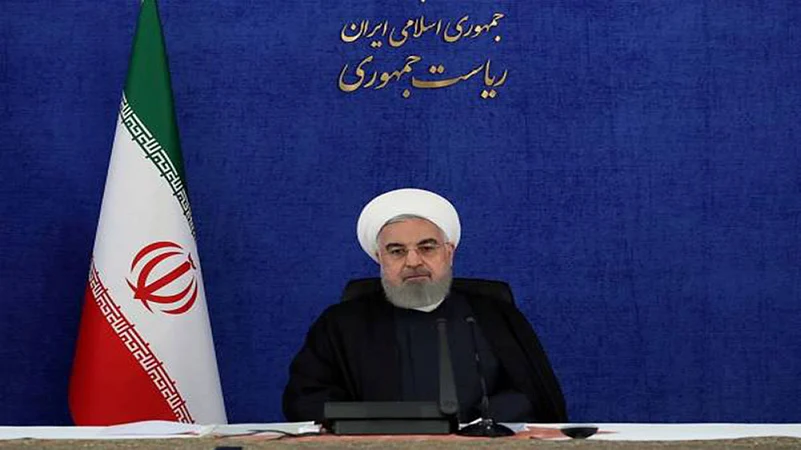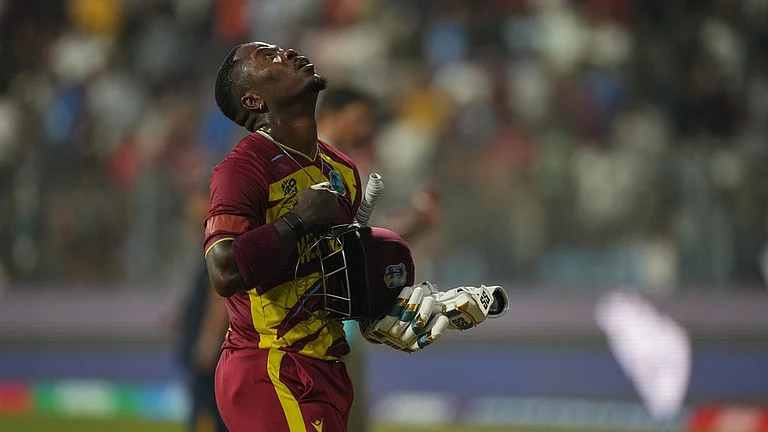The UN General Assembly said Monday that Iran, Guinea and Vanuatu had paid sufficient back dues to the United Nations' regular operating budget to regain their voting rights in the 193-member world body.
That leaves only two countries -- Venezuela and Papua New Guinea -- without the right to vote in the General Assembly.
The UN Charter states that members whose arrears equal or exceed the amount of their contributions for the preceding two full years lose their voting rights. But it also gives the General Assembly the authority to decide "that the failure to pay is due to conditions beyond the control of the member" and in that case, a country can continue to vote.
According to a letter to the assembly from Secretary-General Antonio Guterres circulated on January 12, eight countries lost their voting rights.
Three of those countries -- Sudan, Antigua and Barbuda, and Republic of Congo -- paid enough of their owed dues last week to regain their right to vote.
The General Assembly decided that three African countries on the list of nations in arrears -- Comoros, Sao Tome, and Principe and Somalia -- would be able to keep their voting rights.
According to Guterres' letter, the minimum payments needed to restore voting rights were USD 18,412,438 for Iran, USD 39,850,761 for Venezuela and USD 299,044 for Sudan. The five other countries each needed less than USD 75,000 to restore their voting rights.
Using Iranian bank funds freed from American sanctions, South Korea's Foreign Ministry said on Sunday it has paid Iran's more than USD 18 million in delinquent dues.
It said the payment was made after consulting with the United States Treasury -- a potential signal of flexibility amid floundering nuclear negotiations over the US rejoining the 2015 nuclear agreement with Iran, which the Trump administration pulled out of in 2018.





















